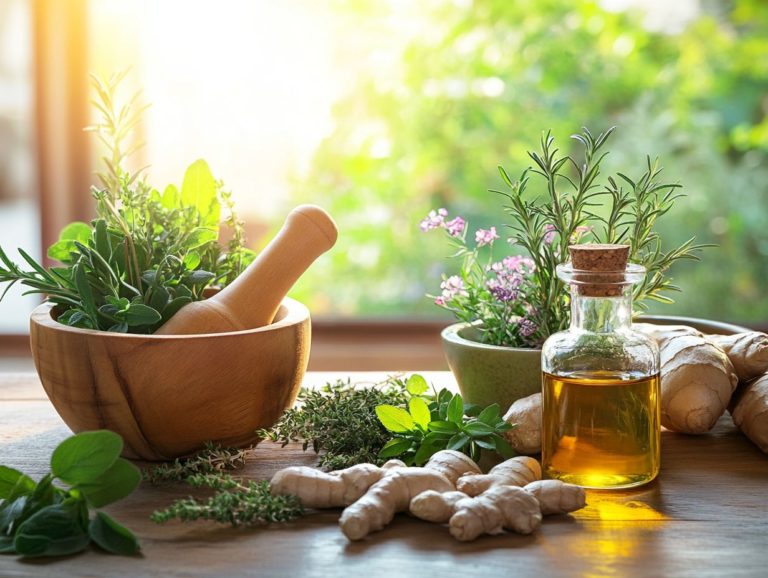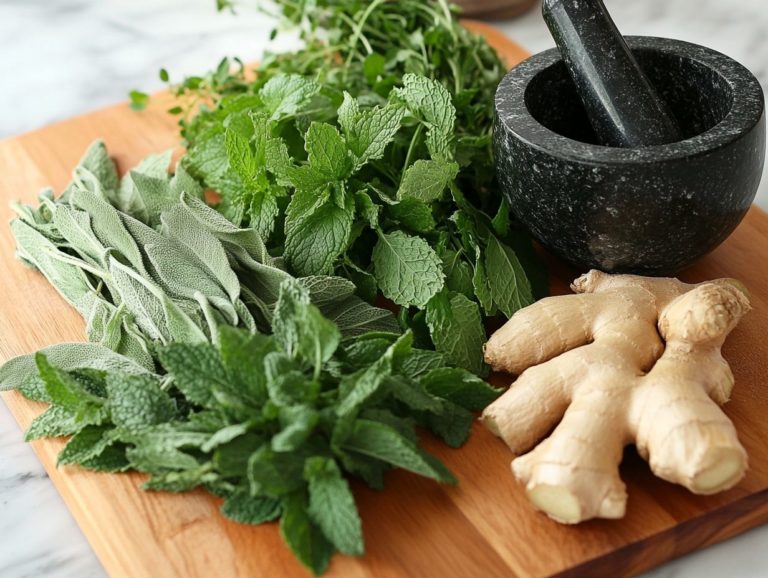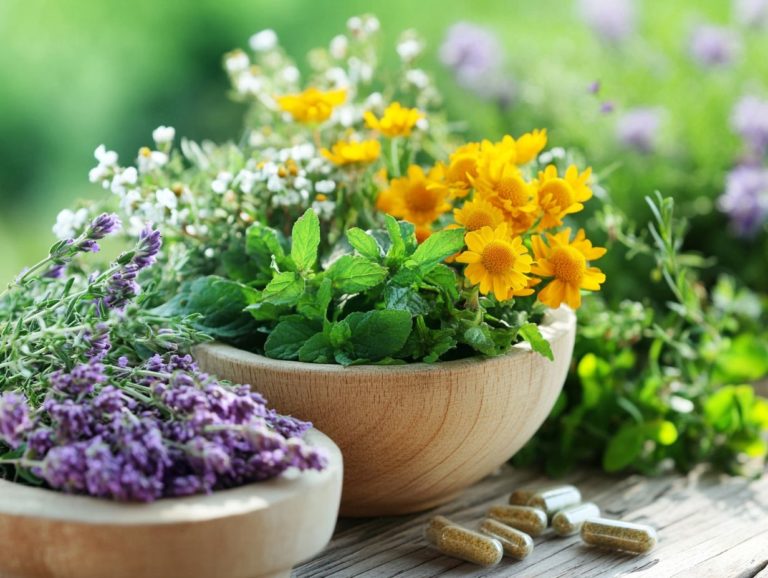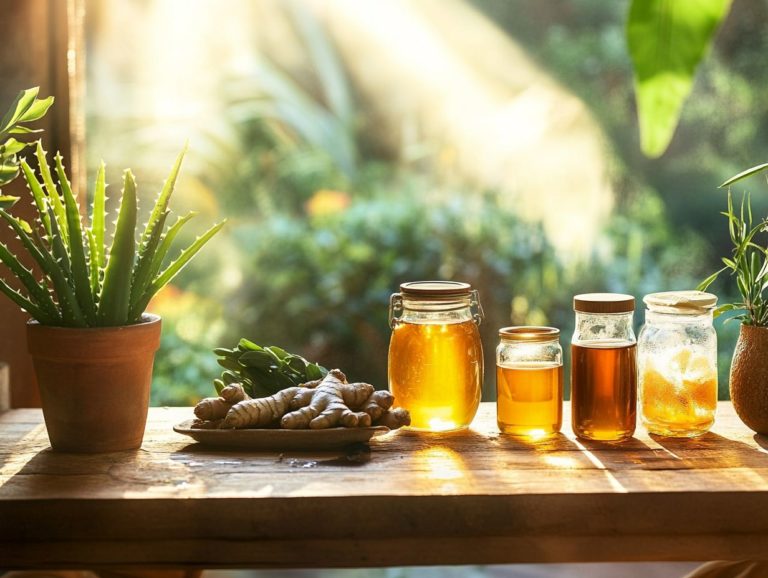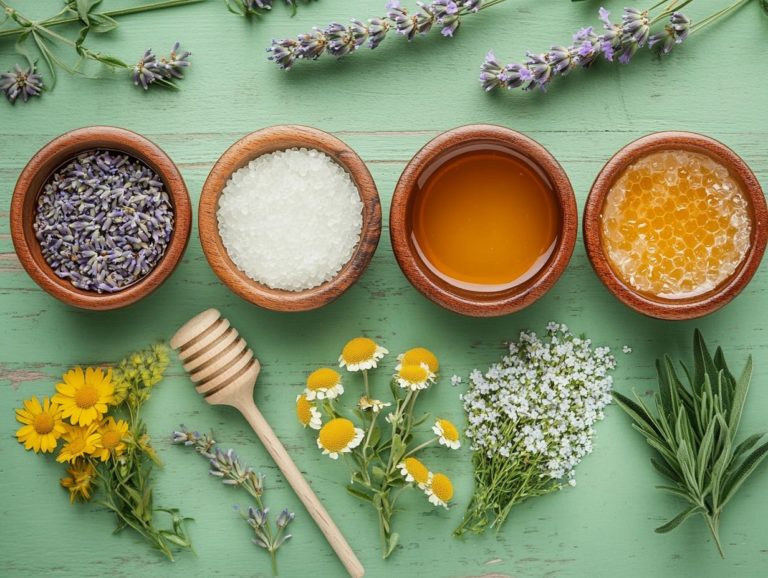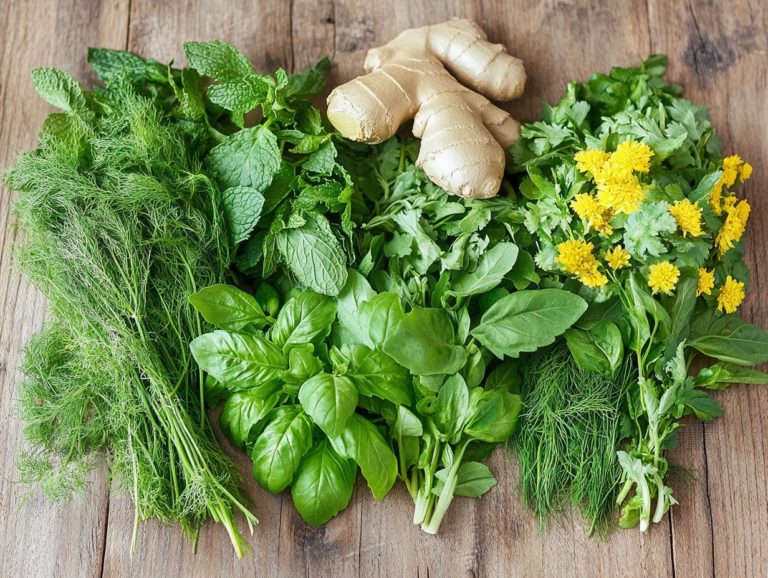Natural Remedies for High Blood Pressure
Contents
- Key Takeaways:
- Understanding High Blood Pressure
- Causes of High Blood Pressure
- Natural Remedies for High Blood Pressure
- Lifestyle Modifications to Lower Blood Pressure
- Alternative Therapies for High Blood Pressure
- Frequently Asked Questions
- Curious About Natural Remedies for High Blood Pressure?
- Can Regular Exercise Help Lower High Blood Pressure?
- How Can Reducing Stress Help with High Blood Pressure?
- Is It Important to Follow a Healthy Diet to Manage High Blood Pressure?
- Are There Any Supplements That Can Help with High Blood Pressure?
- Can natural remedies for high blood pressure replace medication?
Key Takeaways:
- High blood pressure, also known as hypertension, is a common condition where the force of blood against the artery walls is too high.
- Lifestyle factors like an unhealthy diet and lack of physical activity can contribute to high blood pressure, alongside underlying conditions such as diabetes and kidney disease.
- Natural remedies for high blood pressure include herbal supplements, dietary changes, exercise, and stress management techniques.
Understanding High Blood Pressure
Understanding high blood pressure is crucial for safeguarding your overall health and preventing serious conditions like heart disease. High blood pressure, or hypertension, often goes unnoticed due to its lack of symptoms, yet it can lead to serious complications like heart attacks and strokes.
Over 100 million adults in the U.S. have high blood pressure, according to the American Heart Association. Therefore, it’s essential to understand its underlying causes, recognize symptoms, and explore effective management strategies.
What is High Blood Pressure?
High blood pressure is a medical condition characterized by consistently elevated blood pressure readings in the arteries. If left untreated, it can lead to serious health issues.
Blood pressure is measured using two figures: systolic pressure and diastolic pressure. Systolic pressure measures how hard blood pushes against artery walls when your heart beats, while diastolic pressure measures that force when your heart is at rest between beats. Normal readings typically fall below 120/80 mmHg, while values at or above 130/80 mmHg indicate hypertension.
Understanding these measurements is crucial, as prolonged high blood pressure can strain the heart, damage blood vessels, and increase the risk of heart disease, stroke, and kidney problems.
Causes of High Blood Pressure
Various factors contribute to the development of high blood pressure, including lifestyle choices and underlying health conditions that can greatly influence your vascular health.
Lifestyle Factors and Underlying Conditions
Lifestyle factors play a significant role in managing high blood pressure. Habits such as poor diet, lack of exercise, and excessive stress can contribute to its onset and progression.
For example, diets high in sodium and low in potassium can raise blood pressure levels. It’s crucial to focus on nutrient-rich foods like fruits and vegetables. Managing stress through mindfulness practices or regular exercise can provide relief, while addressing obesity through portion control and balanced meals can significantly impact overall health.
Simple changes like incorporating more whole foods, staying hydrated, and engaging in physical activities can help individuals take control of their blood pressure, promoting longevity and better well-being.
Natural Remedies for High Blood Pressure
Looking for natural ways to manage high blood pressure? Natural remedies offer alternative approaches to help you lower your blood pressure.
These methods often emphasize the importance of dietary changes and selected herbal supplements designed to enhance your heart health.
Herbal Supplements and Dietary Changes
Incorporating herbal supplements and adopting dietary changes can significantly impact blood pressure levels. Options like garlic and the DASH diet show promising benefits for heart health.
Research highlights that garlic contains compounds that may help relax blood vessels and improve circulation. Probiotics have also been linked to better cardiovascular function. Additionally, herbal solutions for managing hypertension can complement dietary efforts. The DASH diet, known for its emphasis on whole grains, fruits, and vegetables, has considerable scientific endorsement; studies indicate that those who follow this dietary approach often see reductions in hypertension.
By focusing on nutrient-dense foods and incorporating beneficial supplements, individuals may support their blood pressure management and contribute to long-term heart wellness.
Start making small changes today to take control of your blood pressure!
Lifestyle Modifications to Lower Blood Pressure
Lifestyle modifications to lower blood pressure are crucial for effectively managing hypertension. By adding changes in your diet, engaging in regular exercise, and adopting stress relief practices, you can dramatically improve your blood pressure and boost your overall health.
These changes not only contribute to better blood pressure control but also enhance your overall well-being, allowing you to lead a healthier, more balanced life.
Exercise and Stress Management Techniques
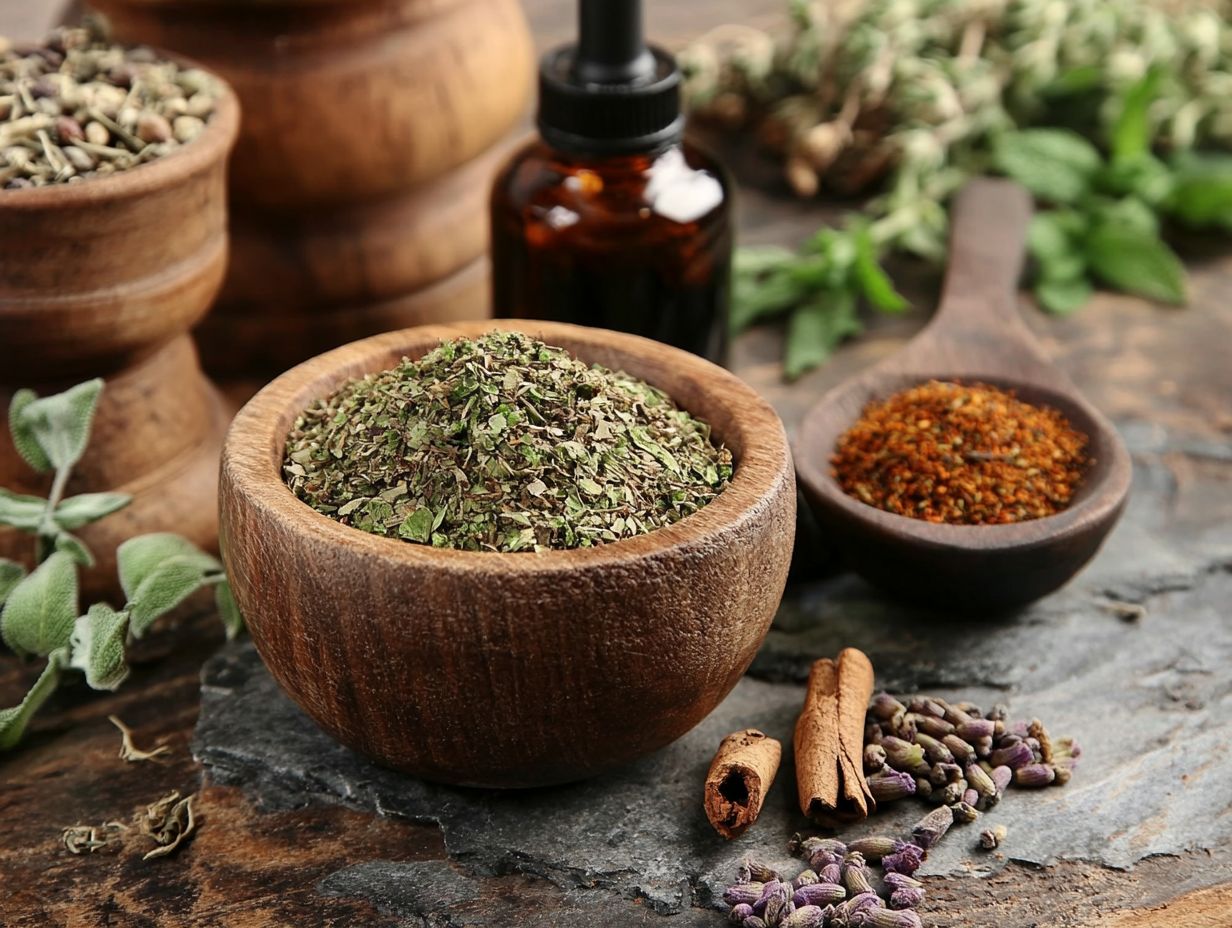
Regular exercise and effective stress management techniques are essential for lowering blood pressure. They play a vital role in both weight loss and enhanced cardiovascular health.
Adding aerobic exercises like brisk walking, cycling, or swimming to your weekly routine can significantly improve your heart function and circulation. These activities help you burn calories and trigger the release of feel-good hormones that effectively combat stress.
Research shows that consistent aerobic workouts can lower systolic blood pressure by about 5 to 8 mmHg. Adding relaxation techniques like yoga and deep-breathing exercises can further support your journey in managing hypertension by promoting calmness and reducing anxiety.
This holistic approach enables you to take control of your health and cultivate long-term well-being.
Alternative Therapies for High Blood Pressure
Alternative therapies like acupuncture and yoga are increasingly embraced as complementary methods for managing high blood pressure. These practices emphasize a holistic approach, prioritizing not just physical health but also mental well-being.
Acupuncture and Yoga
Acupuncture and yoga have been studied for their potential benefits in reducing high blood pressure, emphasizing relaxation and mental health improvements as key mechanisms.
Research has shown that acupuncture can effectively stimulate specific points on the body, leading to improved circulation and reduced stress levels. For instance, a study published in a prominent journal found that participants receiving regular acupuncture treatments experienced a significant drop in their systolic and diastolic blood pressure readings.
Similarly, yoga practices that incorporate mindful breathing and meditation have been linked to lower cortisol levels, contributing to overall cardiovascular health. Testimonials from individuals who have integrated these practices into their lives highlight a notable improvement in their emotional well-being, underscoring the importance of addressing both the mind and body in the comprehensive management of hypertension.
Frequently Asked Questions
Curious About Natural Remedies for High Blood Pressure?
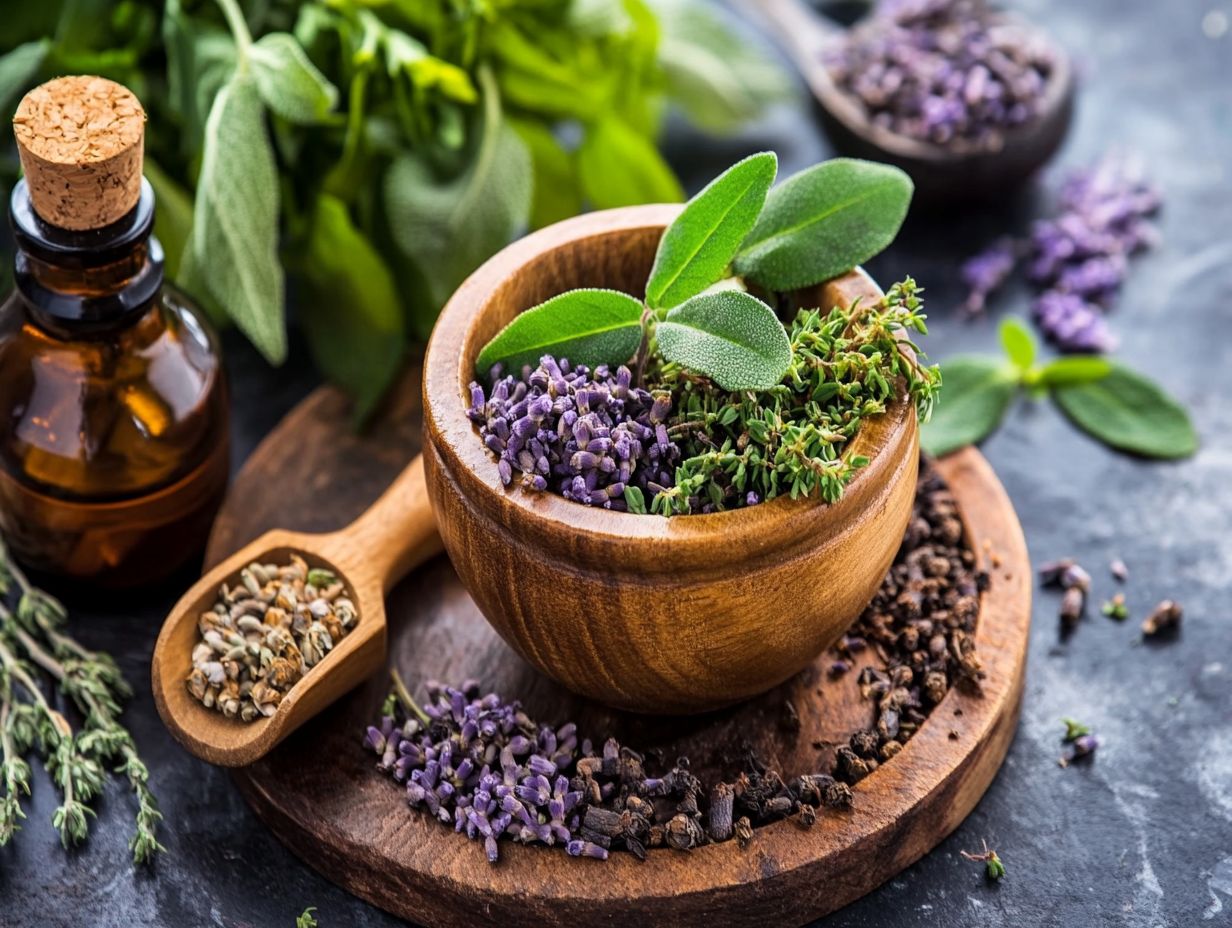
Some natural remedies for high blood pressure include regular exercise, reducing stress, following a healthy diet, and adding supplements like garlic, fish oil, and hibiscus into your routine.
Can Regular Exercise Help Lower High Blood Pressure?
Absolutely! Regular exercise is a game-changer for lowering blood pressure. It improves blood flow, strengthens the heart, and helps manage stress, all of which contribute to reducing blood pressure.
How Can Reducing Stress Help with High Blood Pressure?
Chronic stress can contribute to high blood pressure, so finding ways to manage stress can be beneficial. Some techniques that can help include meditation, yoga, deep breathing exercises, and spending time in nature.
Is It Important to Follow a Healthy Diet to Manage High Blood Pressure?
Yes, following a healthy diet is crucial for managing high blood pressure. This includes limiting sodium intake, increasing potassium-rich foods, and incorporating whole grains, fruits, and vegetables into your meals.
Are There Any Supplements That Can Help with High Blood Pressure?
Yes, certain supplements have been shown to have positive effects on high blood pressure. These include garlic, fish oil, hibiscus, and CoQ10. However, it’s important to consult with a healthcare professional before adding any supplements to your routine.
Start making these changes today for a healthier tomorrow!
Can natural remedies for high blood pressure replace medication?
Natural remedies can complement your medication. However, they should not replace your prescribed treatment.
Always talk to your doctor. They can help you find the best plan to manage your high blood pressure.
Taking charge of your health is essential! Start by talking to your doctor about the right strategy for you.

